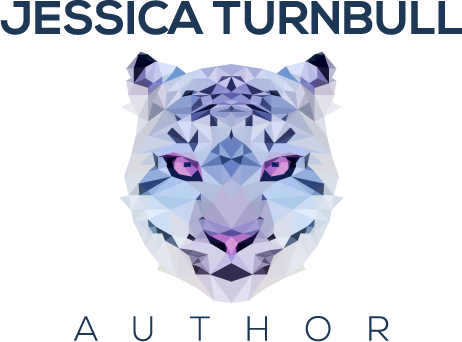Hi all!
This week I'm going to talk about writing as a teenager. I've seen a lot of stuff online that says this is an 'issue' and I want to prove otherwise.
I finished the first draft of Blood and Water when I was seventeen. I was curious how to go about editing and preparing it for querying so I read a lot of blog posts from other authors. These were very helpful to read as they taught me how to self edit effectively. However, some I came across were very much against teenagers publishing, or even writing.
Some argued that they are too immature, that they will wreck their chances in the industry before they have even stepped out the door. I think this is really unfair as I've heard of more older authors who destroy their chances by bad mouthing agents or not following submission guidelines. Teenagers aren't the only ones who do it. A lot are more mature than others give them credit for, they may have been writing since they were young and want to try to write a novel. It's what I did.
I wrote a lot of stories about cats until I was about thirteen, then I started writing Fanfiction. Both of these styles of writing helped me grow my writing abilities, but some authors were saying that teenagers should stick to Fanfiction until they are 'old enough'. I think this is really unfair, there is no age where you can start writing novels. If teenagers want to do it, it doesn't harm anyone. There isn't a minimum age you need to be to get an agent.
I also think it's a bit demeaning towards their younger fans, age is just a number. If they have an idea they want to turn into a novel, encourage them. There's no point in putting people down, it doesn't make you a better writer.
Why do some people think that teenagers writing is a problem?
If they want to write, let them. It doesn't effect your writing at all, so these people should just concentrate on themselves rather than worrying about everyone else.
I loved writing when I was younger, and to see stuff like that really put me down as I thought I wouldn't be taken seriously.
When I was researching agents I came across one who had a sixteen year old as one of her clients, which taught me that agents don't care about your age. They just want a good book.
Although I ended up not querying Blood and Water until January 2018, I don't regret putting it off. It helped my writing to grow and become better.
Now that I'm self publishing, I really want to inspire young people to write, no matter their age. I've tried to search for some of the posts as examples but a lot have been taken down. I'm not sure whether it's because they received backlash or their perspective changed. Either way, I'm happy they're gone. As writers we need to encourage each other, not put other people down.
Young people can write just as well as someone who is older, and as someone who writes for teenagers, I want to encourage them.
Erin Hunter inspired me when I was young, and I want to inspire young adults as she inspired me. I want them to have an escape, an opportunity to forget about everything and get lost in a book. One day I hope that Elemental Dragons or one of my other series will inspire someone to chase their dreams of writing.
That's what I hate it when people bad mouth teenage authors, we're supposed to inspiring and encouraging them. Writing about how 'immature' and 'unprofessional' they are will just put them off.
I would have been heartbroken if my favourite author and mouthed part of their fan base just because of their age. That's why I'll try my hardest to encourage young people through my writing. I want to give them the same opportunity for escape that I had.
That's it for this week! Next week I'm going to write about Twitter Pitch Parties, and how they can help you get an agent.
See you next week!
